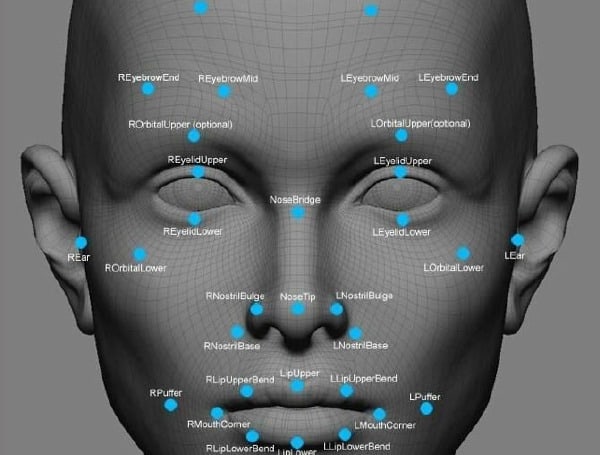Ailan Evans Facebook announced Tuesday it was shutting down its Face Recognition system and deleting the scans of over one billion people’s faces.
Ailan Evans
Facebook announced Tuesday it was shutting down its Face Recognition system and deleting the scans of over one billion people’s faces.
Jerome Pesenti, vice president of artificial intelligence at Facebook, announced the changes in a blog post Tuesday, citing the technology’s possible negative effects as well as regulatory uncertainty as reasons behind the decision.
“There are many concerns about the place of facial recognition technology in society, and regulators are still in the process of providing a clear set of rules governing its use,” Pesenti wrote. “Amid this ongoing uncertainty, we believe that limiting the use of facial recognition to a narrow set of use cases is appropriate.”
The company will shutter its Face Recognition program, which automatically identifies users’ faces in images posted to social media, over the next few weeks, Pesenti said. The program has been in place since 2010 and was implemented as an easy way for users to “tag” their friends in shared images.
Facebook will delete the facial scans of over one billion people, or nearly one-third of its user base, as part of the changes. The company will no longer automatically recognize people’s faces in Facebook Memories, photos or videos, and it will no longer automatically suggest “tags” based on facial recognition.
“Every new technology brings with it potential for both benefit and concern, and we want to find the right balance. In the case of facial recognition, its long-term role in society needs to be debated in the open, and among those who will be most impacted by it,” Pesenti wrote. “We will continue engaging in that conversation and working with the civil society groups and regulators who are leading this discussion.”
Critics of facial recognition technology have argued it violates citizens’ privacy while enabling governments and private companies to surveil individuals. In Australia, the technology has been employed to keep track of citizens ordered into COVID-19 quarantine.
Support journalism by clicking here to our GoFundMe or sign up for our free newsletter by clicking here
Android Users, Click Here To Download The Free Press App And Never Miss A Story. It’s Free And Coming To Apple Users Soon
- Illegal Alien Arrested For Attempted Murder In Florida After Slashing Man With Box Cutter
- “No Gold Medal” Florida Man Running From Cops, Jumps From Bridge To Avoid Capture, Arrested
- Florida 2nd Grade Student Suspended 36 Days Over Not Wearing Mask
- Kenny Chesney Returns To The Road With Here And Now 2022, Tampa April 23
- Separate Polls, Similar Results: More Than 70% Of Americans Both Think Country Is Off Track, Disapprove Of Congress
- “Simply Recovery” Florida Woman, Owner Of Drug Rehab Clinic Arrested Selling Fentanyl To Clients

COMMENTS